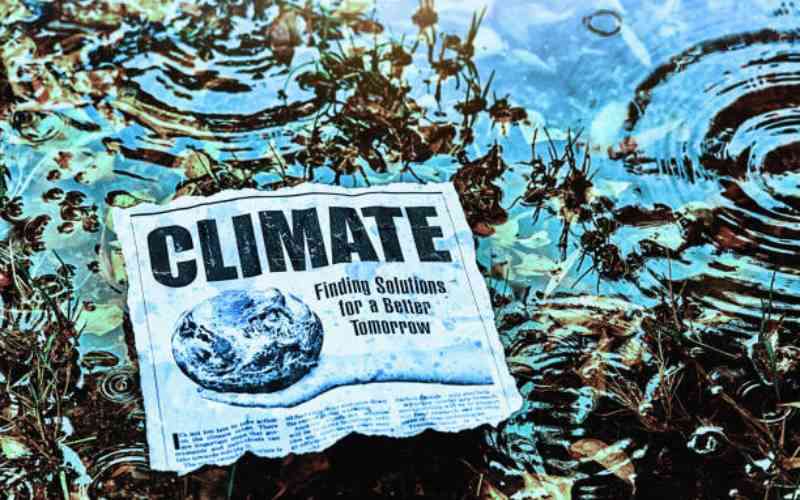×
The Standard e-Paper
Truth Without Fear

Audio By Vocalize

So, global delegations have just returned home after attending a major climate change conference in Dubai.
Separately, if you are a farmer, you have probably wondered why rain is such a problem these days. After five failed rainy seasons in the Horn of Africa, Somalia suffered 43,000 deaths. In East Africa, drought caused a death every 36 seconds, as reported by Oxfam.
